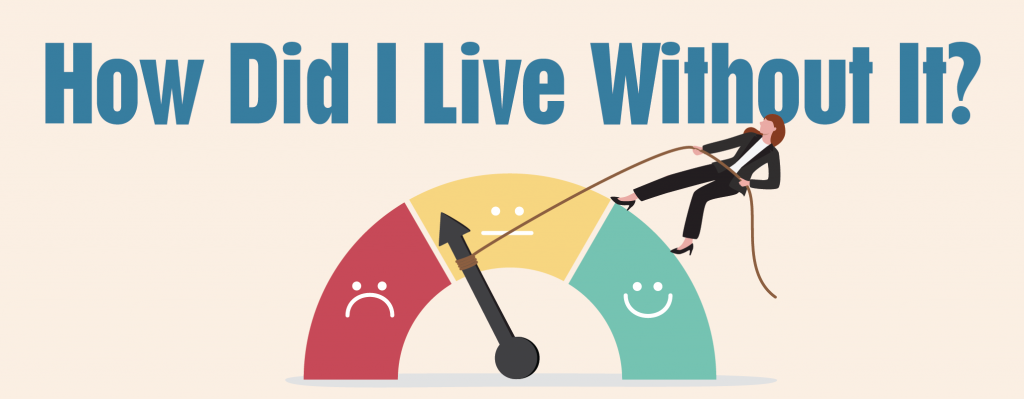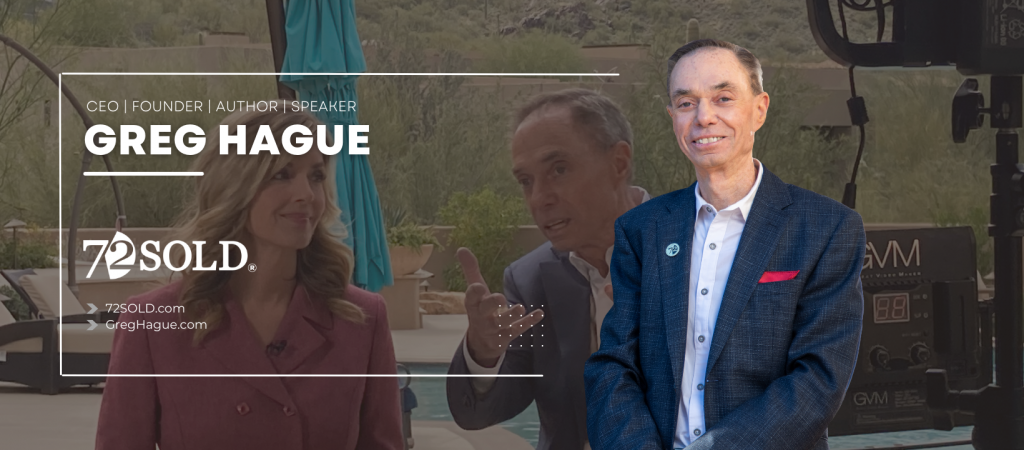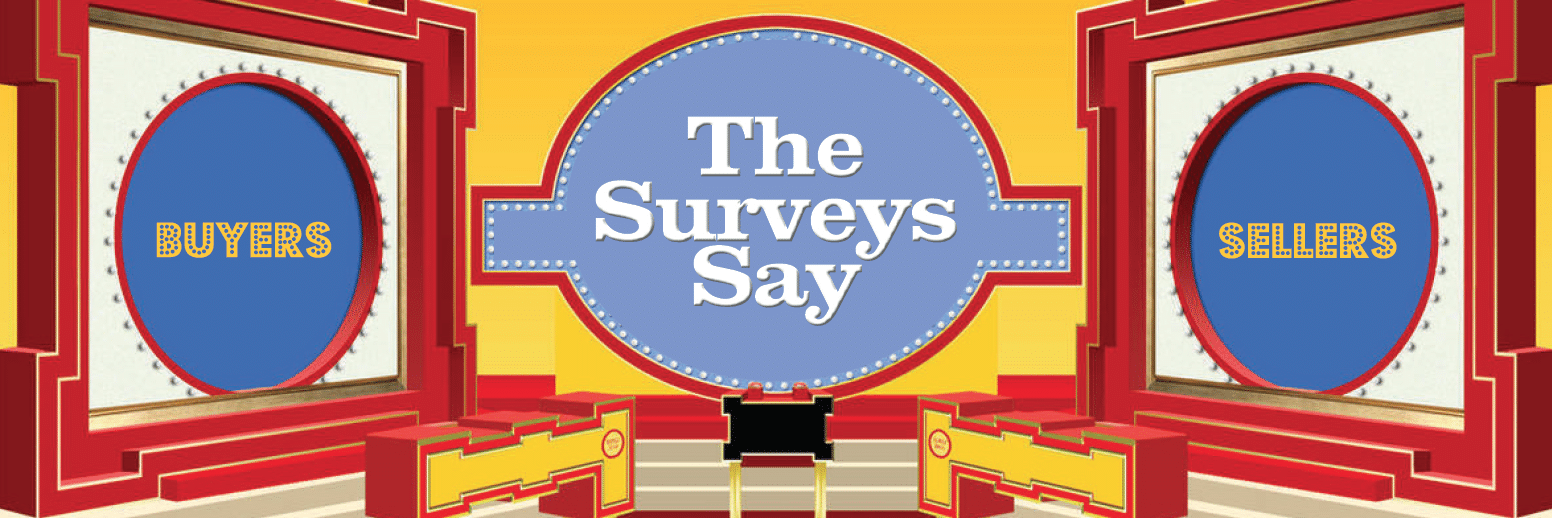Jay Papasan is a best selling author who was named one of the Most Powerful People in Real Estate. He co-authored several New York Times bestselling books with a friend and business partner of mine, Gary Keller, founder/CEO of Keller Williams Realty, the largest real estate organization in America.
Last week Jay wrote an article that caught my eye… not just because my company, 72SOLD, was highlighted as a groundbreaker in the real estate industry (quite an honor), but also because Jay’s underlying message echoes much of what is wrong with the way many approach business today, including in my industry, real estate.
Great authors often start with stories and Jay did that brilliantly. His story was one I’d never heard, one that reminded me of the movie, Ford v Ferrari. In this case it was about a different Ferrari rival.
Here is a condensed version of Jay’s story and my takeaways from his article. You can read Jay’s exact words on his website, TheTwentyPercenter.com. The article is entitled “Listen to Your Customers.”
***
After WWII, a talented Italian Air Force mechanic named Ferruccio launched a tractor company. A gearhead at heart, he used some of his profits to start collecting cars, his favorite being the Ferrari 250 GT. But he believed some of the parts could be improved (especially the clutch).
So he contacted Ferrari’s founder, Enzo Ferrari, with a proposal to make the clutch on the 250 GT better. High on his reputation as the premier sports car manufacturer in the world, Ferrari dismissed Ferruccio, saying, “Let me make cars, you stick to making tractors.”
Furious, Ferruccio launched a sports car company bearing his now iconic last name – Lamborghini. Because Enzo Ferrari didn’t listen to feedback from a devoted customer, he birthed his biggest rival
Henry Ford reportedly said: “If I had asked people what they wanted they would have said faster horses.” But Jay points out that there is no real evidence Ford actually said that. At one time Ford did say, “Be ready to revise any system, scrap any method, abandon any theory, if the success of the job requires it.”
***
In my opinion, that’s the way business should be approached! Every day we should question everything we do. Could it be done differently? Should it be replaced altogether? But I don’t think enough businesses (and industries) think that way. I know that’s true in real estate.
In the real estate industry, the vast majority of agents compete based on personal metrics: knowledge, professionalism, and service. Jay mentions that a top Keller Williams agent, Sarah Reynolds, observes that those things should be expected by clients, not showcased as reasons to “choose me.” One’s knowledge and responsive service are not one’s value proposition.
Think about a favorite restaurant. You expect service and quality. But that’s not why you go to that particular restaurant over and over.
You frequent a restaurant because of a distinguishing factor that sets it apart, something you like better than what’s offered by competing restaurants. This distinguishing factor is its unique value proposition. And it’s not always the food. It could be the size of the TVs in a sports bar. It could be singing servers, like Sandolo in Scottsdale of many years ago.
On a trip to Minnesota years ago I was excited to eat at the Rainforest Cafe at the Mall of America. Why? I wanted to experience the vibe of eating in a tropical jungle. I didn’t care about the food. I expected good food. I expected good service. But the reason I was excited to go there was the unique value proposition… eating in a jungle.
Of course, customer feedback is important when building a business, but that’s after-the-fact quality control, not how you develop a visionary business model. Most unique businesses are developed by trying to imagine what customer feedback would be if you offer what has never been offered. To me, that’s exciting!
Great products, services, and the businesses that develop them solve problems we don’t know we have. Amazon, Uber, and Airbnb are iconic examples. The other day while working out I saw a TV ad for an electronic ear washer. The ad pointed out how much icky stuff builds up in our ears over the years, and this breakthrough product quickly and comfortably washes it away, making the world sound better immediately. I ordered it without hesitation.
Bill Gates said, “Your most unhappy customers are your greatest source of learning.” No doubt, that’s important. But it’s simply looking back and fixing what you did wrong. To me, that is expected of any good business.
I believe truly great businesses focus on providing what we don’t know we need but after we have it, we think:
How did I live without it?












